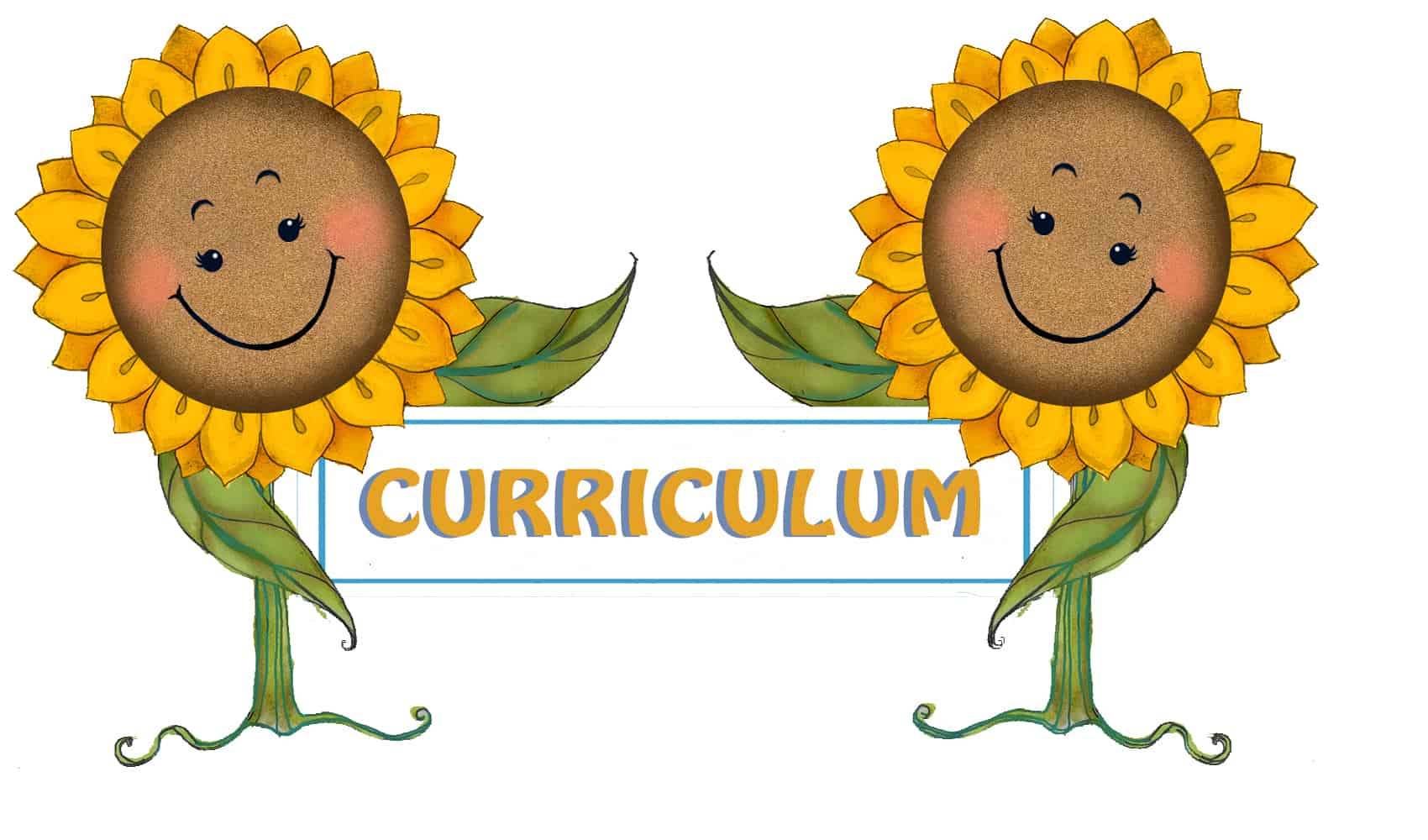Serendipity Preschool’s curriculum is organized into monthly theme based units. These units incorporate music, creative arts, science, history, social skills, literature, culinary arts, language, motor skills and mathematics. When a child enrolls in our school, they are issued a personal assessment file. This file records the student’s daily progress in all the areas of our curriculum. With daily assessments, the teachers are better able to monitor learning and meet the individual needs of each student. In addition to the child’s daily assessment, a Social Emotional Assessment is completed by the child’s teachers twice a year. This assessment gives the parents a good understanding of how their child copes and interacts with their peers and teachers in the school environment.

Music
Music is an important daily part of our curriculum. Our music program reinforces our monthly themes as well as teaching the children important developmental skills such as singing songs, clapping hands, and moving to different rhythms. Music time helps develop attentive listening and the development of large and small motor skills. It also helps children to express their feelings creating a sense of self.
An Instructional Manipulative Series
The A.I.M.S. program includes kits in Pre-Reading, Consonants, Vowels, Comprehension and Math. The materials in each AIMS Kit consists of Learning Folders and Manipulative Cards, which are utilized in an informal learning situation that are essential to success in reading and mathematics. The activities can be adapted to the needs of different types of learners. Because of the simple, convenient format, these Learning Folders are especially effective in individualizing instruction. The teachers will prescribe folders according to the child’s needs.
The Boehm Basic Concepts
The Boehm Basic Concepts is a program that presents basic concepts that are a part of the everyday life of a developing child. For example, a child may be asked to “Stand at the front of the line” or “draw a circle around the flowers that are the same”. In order for the child to follow these instructions, they need to be able to comprehend the concepts : in front, circle, around and same. These prepositional concepts are presented through activities in groups and individual settings.
Computers
With individualized instruction, children are able to work on computers using a variety of educational software. In addition to the desktop computers, the children also work on the “Start Smart” tablet program. The “Start Smart” program by Hatch is an all in one touch screen tablet learning system especially designed for young children. With the touch of a finger, children choose where they want to go and the system serves up scaffold lessons that focus on the skill level unique to each child.
“The Living Institute Of Social Skills”
The Living Institute of Social Skills “Let’s Talk About” series consists of a series of picture books and CD’s. The main goal of the program is to educate young children about their emotions as well as the emotionally charged situations they may encounter with their peers. These emotionally charged situations are discussed and shown how they can be handled in positive rather than negative ways, resulting in more desirable outcomes.
Journals
Children make monthly entries in their journals focusing on the themes or special events of the month. All entries are compiled in the child’s personal folder and are sent home at the end of the student’s enrollment.
Science
The goal of science is to understand the natural world around us. Science begins with childhood curiosity, which then leads to discovery and exploration. At Serendipity, we feel that there can never be too much nature inside the classroom. It encourages an appreciation of the natural world on which we depend. To bring nature into our classroom, Serendipity has a variety of animals for the children to observe, appreciate and respect. Our animals include Egor the Tarantula, Linguini the Snake, Sylvester the Turtle, Prince the Albino Bullfrog and Huxley our Holland Lop.
Macmillian’s Whole Language Big Book Program
The pre-kindergarten class participates one week per month in our Big Book Program. The program’s main objective is to encourage the love of books and reading. Every book in the Macmillan Whole-Language Big Book Program is written so that rhythm, rhyme, repetition, and pictures help children to anticipate the next word we read. The picture and story structure give clues that help children predict what will happen on the next page or at the end of the book. Being able to anticipate words or predict the outcome of a story makes children feel successful and leads to the confidence and self-esteem early learners need to become independent readers.
The Big Book Program will build and reinforce the following essential skills children will need for reading success – all in a natural way:
- Letter Identification
- Visual and Auditory Discrimination
- Identification of Vowels and Consonants
- Phonics Skills
- Sorting and Classifying
- Building Vocabulary
- Recognizing Colors, Numbers, and Shapes
- Sequencing Skills
- Spatial Relationships
- Comprehension
Cooking and Baking
Periodically throughout each month, the children participate in a food project. This ranges from making pizza to baking breads or cookies. Proper hygiene is reinforced and lessons in measuring, sizing, number quantities, fractions and estimating are integrated in the learning experience.

